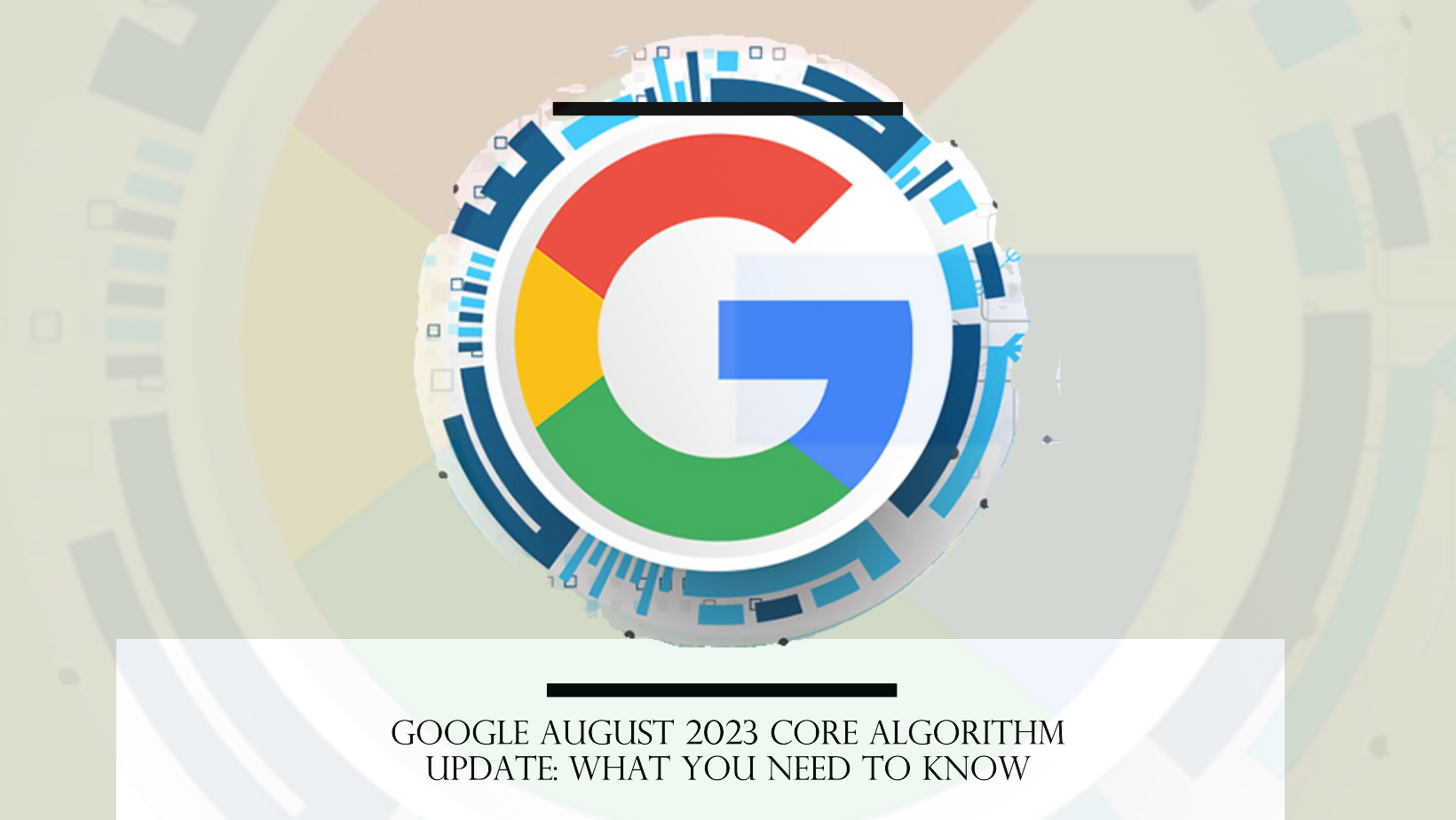

Artificial Intelligence (AI) is becoming an increasingly important part of our daily lives. From virtual assistants like Siri and Alexa to recommendation systems on shopping websites, AI is being used to improve the user experience and streamline processes in many different domains. One area where AI is particularly valuable is on websites that are designed to be AI-compatible. In this article, we will explore the benefits of AI-compatible websites and the impact they can have on users.
AI-compatible websites are those that are designed to work seamlessly with AI algorithms and systems. This can involve a variety of different approaches, such as incorporating chatbots to provide customer support, using machine learning algorithms to personalize the user experience, or leveraging natural language processing to enable voice search and other features.
One of the key benefits of AI-compatible websites is the ability to provide personalized experiences for each individual user. By analyzing user data and behavior, AI algorithms can identify patterns and preferences that can be used to tailor the user experience to each individual. This can include personalized product recommendations, customized content, and even personalized pricing and promotions.
Another advantage of AI-compatible websites is improved efficiency. AI algorithms can automate routine tasks, such as data entry or customer service queries, freeing up human resources for more complex tasks. This can help organizations save time and money, while also improving the overall user experience by providing faster and more accurate responses to queries.
AI-compatible websites can also provide valuable insights and recommendations to organizations. By analyzing large amounts of data, AI algorithms can identify trends and patterns that may not be immediately apparent to humans. This can help organizations make more informed decisions and improve their operations, leading to better outcomes for both the organization and its customers.
In addition to these benefits, AI-compatible websites can also provide enhanced security features. By leveraging machine learning algorithms, these sites can analyze user behavior and identify potential security threats, such as fraudulent activity or unauthorized access attempts. This can help organizations protect their users' data and prevent potential security breaches.
Despite the many advantages of AI-compatible websites, there are also some potential drawbacks to consider. One concern is the potential for algorithmic bias, where the AI system may inadvertently perpetuate or amplify existing biases in the data. This can lead to unfair or discriminatory outcomes, particularly in areas such as hiring or lending decisions.
Another concern is the potential for AI to replace human jobs, particularly in areas such as customer service or data entry. While AI can certainly automate routine tasks, it is important to consider the potential impact on human workers and to ensure that they are able to transition to new roles and opportunities as needed.
In conclusion, AI-compatible websites offer a wide range of benefits for organizations and users alike. From personalized experiences to improved efficiency and security, AI can help organizations deliver better outcomes for their customers while also saving time and resources. However, it is important to be aware of the potential drawbacks and to take steps to mitigate any potential negative impacts. By leveraging the power of AI in a responsible and ethical manner, organizations can create a better user experience and drive better outcomes for everyone involved.






